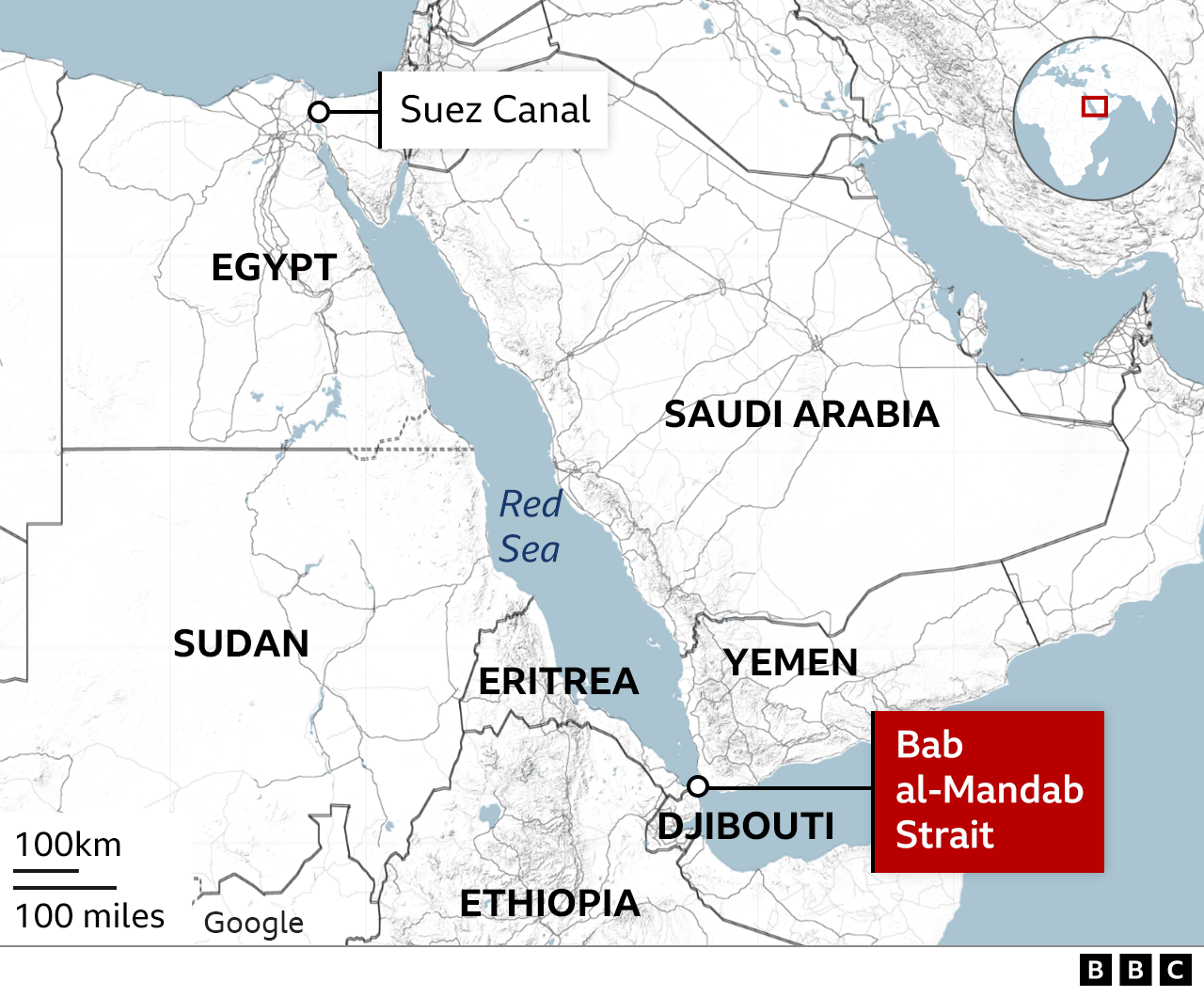Houthi Rebels yesterday targeted a marine vessel with drones. The vessel names MV SAI BABA contained oil and was India-flagged. The vessel was targeted off the coast of Gujarat as confirmed by the USA military. There were no injuries or casualties reported. The ship had 25 crew members all of the Indian nationality.
In a post on X, CENTCOM said that on December 23 two Houthi anti-ship ballistic missiles were fired into international shipping lanes. At the same time, between 3 and 8 pm (Sanaa time), the USS LABOON (DDG 58) was patrolling the Southern Red Sea as part of Operation Prosperity Guardian (OPG).
The M/V BLAAMANEN, a Norwegian-flagged, owned, and operated chemical/oil tanker, reported a near miss of a Houthi one-way attack drone with no injuries or damage reported. A second vessel, the M/V SAIBABA, a Gabon-owned, Indian-flagged crude oil tanker, reported that it was hit by a one-way attack drone with no injuries reported.
A Pentagon spokesperson told the media, “The motor vessel CHEM PLUTO, a Liberia-flagged, Japanese-owned, and Netherlands-operated chemical tanker was struck at approximately 10 a.m. local time (6 a.m. GMT) today in the Indian Ocean, 200 nautical miles from the coast of India, by a one-way attack drone fired from Iran,”.
According to the US Navy Central Command, two Houthi anti-ship ballistic missiles were also “fired into international shipping lanes in the Southern Red Sea from Houthi-controlled areas of Yemen” on the same day.
The Iran-aligned Houthis have been causing disruptions in global trade for several weeks by targeting ships passing through the Bab al-Mandab Strait, citing it as a retaliatory measure against Israel’s conflict in Gaza. These attacks raise concerns about the impact on the passage of oil, grain, and other goods on this vital global trade route, leading to an increase in the cost of insuring and shipping goods through the Red Sea.
Earlier on Thursday, while addressing a weekly presser, Ministry of External Affairs (MEA) spokesperson Arindam Bagchi said, “India has always been supportive of the free movement of commercial shipping so, that is something that we are interested in. We are, of course, monitoring the developments there.”
Bagchi had noted that India is also part of international efforts to ensure free shipping. Recently, Prime Minister Narendra Modi had a telephone conversation with his Israeli counterpart Benjamin Netanyahu, with the two leaders sharing concerns over the safety of maritime traffic. PM Modi reiterated the need for continued humanitarian aid for the affected people. He further stressed an early and peaceful resolution of the conflict, including the release of all hostages, through dialogue and diplomacy.
Why are Houthis attacking vessels in the Red Sea?
The Houthi attacks in the Red Sea on ships the group believes are supportive of Israel have caused chaos in an area that accounts for some 12% of global maritime trade, as reported by Bloomberg. The world’s major container and oil shippers have been rerouting vessels away from the waterway. The strikes have roiled shipping markets and helped push up oil prices.
On Friday, the White House, citing newly released intelligence, had said that Iran was “deeply involved” in the planning of the Houthi attacks and has supplied weapons, financial support and training, however, Iran’s foreign minister denied the allegations.

The Houthis declared their support for Hamas and said they will target any ship travelling to Israel. It is not clear that all of the ships attacked were actually heading there. In November they seized what they confirmed was an Israeli ship. They since have attacked numerous commercial marine vehicles with drones and ballistic missiles.












